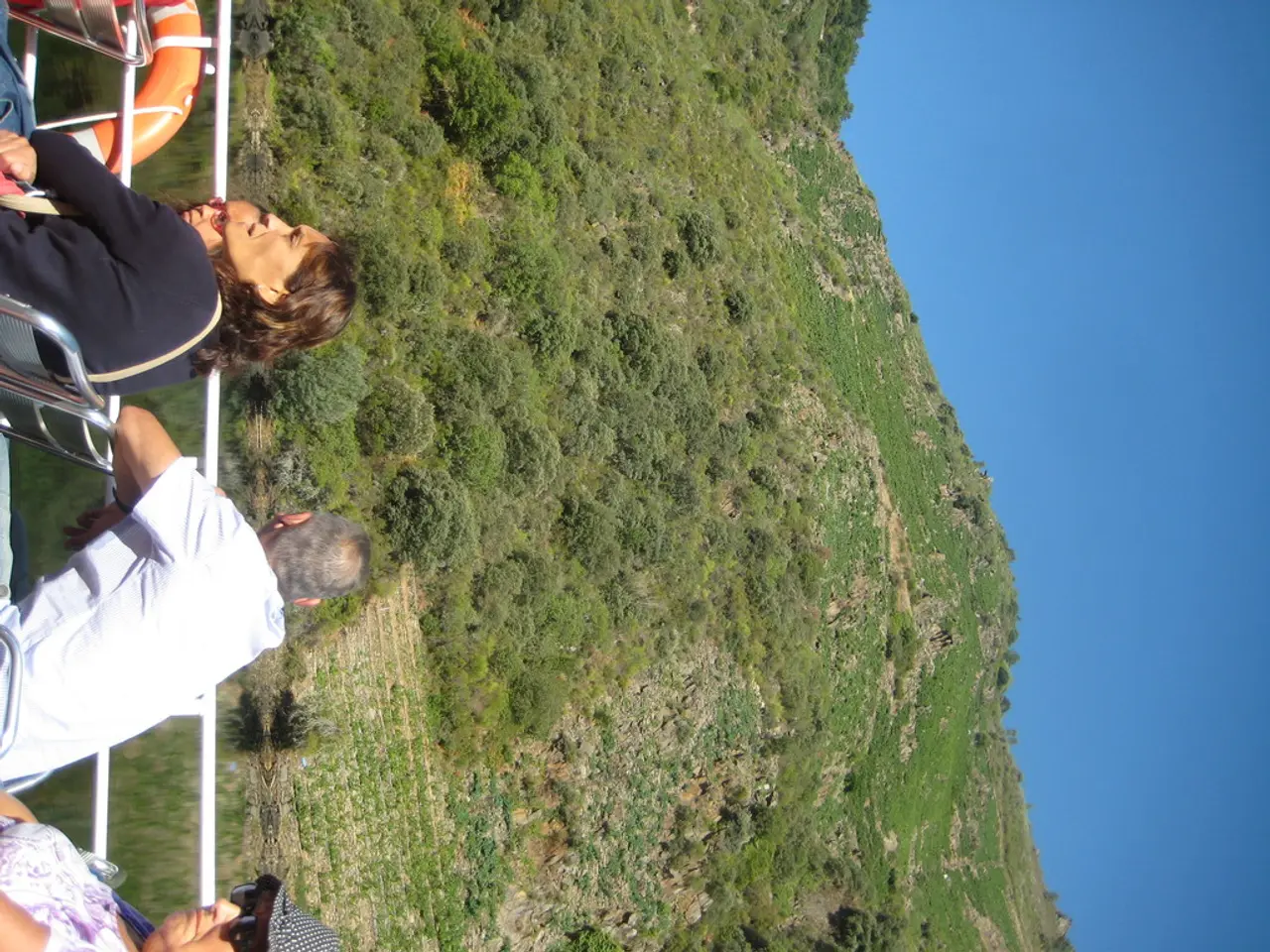Can anyone reside in the Harz region?
In the picturesque Harz region, known for its annual influx of vacationers and hikers, the hospitality industry is grappling with a significant challenge - a labor shortage. This issue, which is also prevalent in other tourist regions across Germany, is causing acute recruitment and retention challenges, particularly for foreign seasonal workers.
According to a survey by the German Press Agency, tourism organizations in the Harz are increasingly relying on foreign employees. This trend is mirrored in other tourist regions, such as Lower Saxony, where foreign workers significantly contribute to the success of the tourism industry.
The demand for seasonal workers varies depending on the strength of the tourist season in different locations. For instance, along the North Sea coast, the demand is high due to a traditionally strong summer season. In the Harz, the hospitality industry is heavily reliant on seasonal foreign workers, with about half of the employees in the hospitality industry coming from abroad in 2024.
The labor shortage is a result of several factors. Germany is experiencing one of Europe’s highest labor shortages, with over 1 million job vacancies as of mid-2025, many of which are concentrated in sectors like hospitality, logistics, and healthcare. In the Harz, the issue is further compounded by an aging domestic workforce, evolving employee expectations for flexibility and work-life balance, and regional-specific issues such as staff housing shortages.
To address this challenge, hospitality businesses are rethinking their recruitment strategies. They are offering more attractive working conditions and financial incentives to better attract and retain foreign seasonal workers who are crucial to meeting labor demand. For example, industries in other countries, like Switzerland, have reduced workweeks to increase attractiveness, leading to significant upticks in applications, a model that might inspire German tourist regions.
However, the recruitment and retention of foreign seasonal workers is not without its challenges. The process of finding foreign workers can vary, depending on whether they are EU citizens or from other countries. While EU citizens can move and work freely within the European Union, access requirements apply to people from other countries.
Moreover, the labor shortage and recruitment challenges are not limited to the Harz. In the Lüneburg Heath, the recruitment of foreign workers has been sporadic and short-term. An initiative to employ several Ukrainian women failed due to childcare issues.
To alleviate these challenges, the state government is supporting businesses in recruiting workers from Morocco, with the first Moroccan trainees in the hospitality industry. This initiative, along with others, underscores the need for systemic changes to workforce management and support for foreign workers in the hospitality industry.
In conclusion, the labor shortage in German tourist regions like the Harz affects the hospitality sector by increasing competition for skilled and seasonal workers, making the recruitment and retention of foreign seasonal workers more difficult, and pushing employers to enhance job attractiveness through better conditions and incentives. Addressing this issue requires a comprehensive approach that considers both short-term solutions, such as offering attractive working conditions, and long-term strategies, such as addressing regional-specific issues like staff housing shortages and supporting foreign workers.
Read also:
- Essential insights into ambulatory pneumonia
- Key points for August 15: District of Columbia meetings, Alaska summit, redistricting debates, emergency room updates, and homelessness issues
- AI's Significance in the Medical Field: Discussion on AI's Functionality in Healthcare Settings
- Restrictions on Access to Almaty Center: Examining European and Asian Precedents








